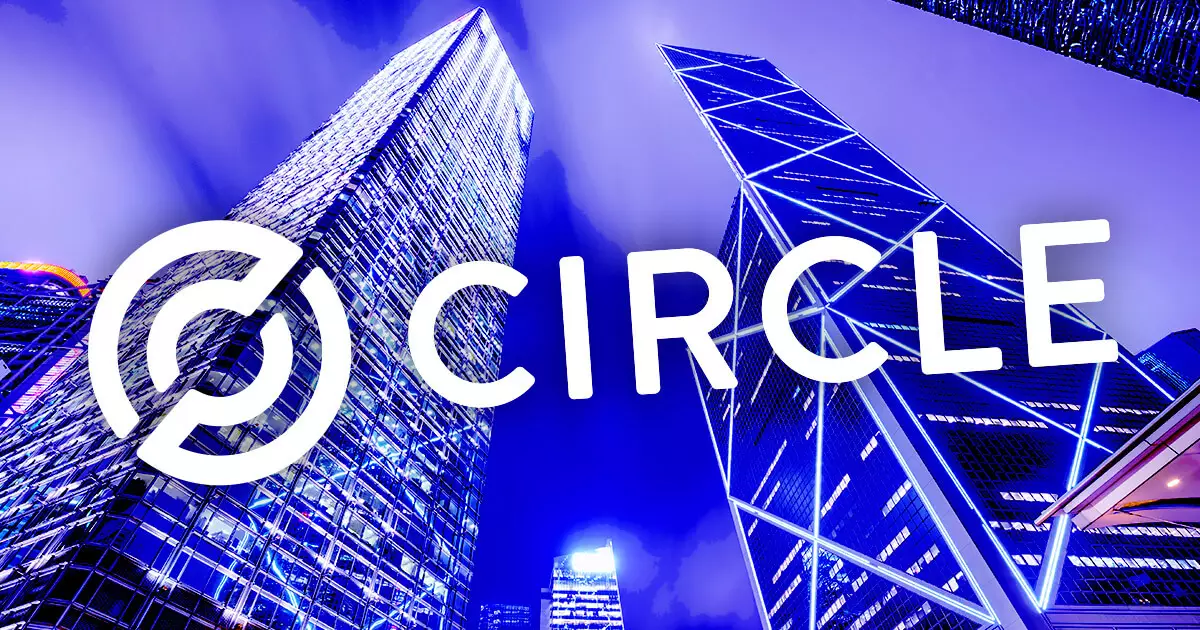The US Securities and Exchange Commission (SEC) has expressed concerns about Circle’s stablecoin, USDC, as the company pursues a multi-billion dollar initial public offering (IPO). The regulatory documents obtained by Barron’s highlight the SEC’s apprehensions regarding the classification of USDC and other stablecoins as securities under US law. This is not the first time that the SEC has raised concerns about Circle’s IPO plans. In 2021, the regulatory body had similar reservations when Circle attempted to go public through a special-purpose acquisition company (SPAC).
According to the reports, there has been an extensive back-and-forth between the SEC’s Division of Corporation Finance and Circle over the past year. Despite the significant concerns raised by the SEC, Circle seems to have navigated most obstacles in its path to an IPO. However, the ultimate approval of its application remains uncertain at this point. The SEC has specifically asked Circle to disclose the risks associated with USDC being classified as a security under US law and the implications of being labeled an investment company.
If USDC were to be classified as a security, Circle would face escalated costs and regulatory requirements, potentially altering its current business model. The SEC’s scrutiny intensifies when it comes to investment companies like mutual funds, subjecting them to rigorous oversight, regular reporting, and operational constraints. Compliance with these requirements could significantly impact Circle’s operations and financial health in the long run.
Circle’s previous attempt in 2021 to go public via an SPAC merger with Concord Acquisition Corp. valued at $9 billion was called off due to similar concerns raised by the SEC. The regulatory body questioned whether Circle should register as an investment company and whether its token could be deemed a security, necessitating additional disclosures and compliance measures. In its second attempt through a traditional IPO route, Circle filed confidential paperwork in January, but the SEC’s concerns about USDC persist, prompting detailed disclosures from the company.
The consequences of USDC being designated as a security could be detrimental to Circle’s operations. The company might be required to register USDC or other assets receiving a securities designation, restricting certain entities from transacting in these assets. Additionally, Circle could face fines, may have to register as a broker-dealer, and might have to allow customers to revoke previous transactions. If the SEC labels Circle an investment company rather than an operating company, it would be subjected to more stringent oversight, including regular holdings reports and compliance limits.
Expert Opinions
Legal experts have weighed in on the situation, with Todd Phillips, a law professor at Georgia State University, highlighting the potential challenges Circle may face if its products are classified as securities. He noted that operating under such a designation could significantly increase operating costs for Circle. Securities attorney Xavier Kowalski emphasized that the SEC is cautious to ensure that any registration review process does not lead to enforcement actions in the future. While the SEC’s concerns may have delayed the IPO process for Circle, it appears that they are working towards addressing these issues to move forward with the public offering.









Leave a Reply